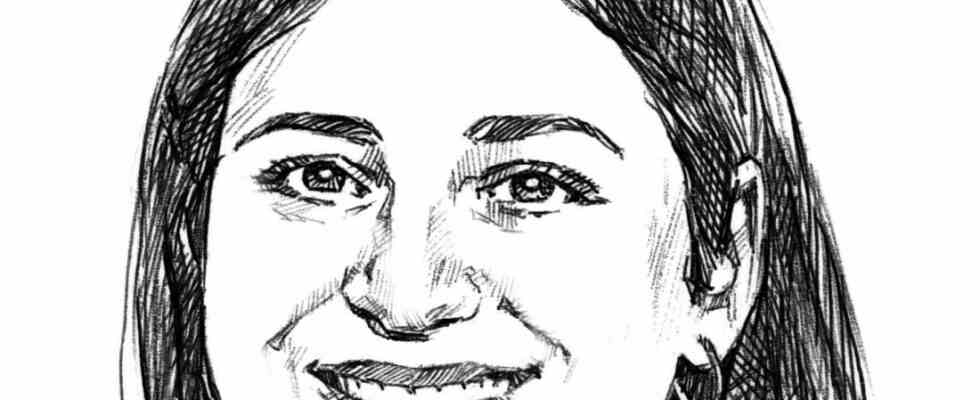When I came to Munich with my family in March 2022, there were no volunteers at the train station, no coordinators at Diakonie or Caritas who could explain anything, and the authorities hardly knew what and how to do it. There was total chaos.
In the days and weeks that followed, large numbers of people came out of the war zone. Many did not know where to find accommodation, where to get first aid or how to register. The refugees waited for hours in front of the arrival center and the authorities, often with small children and elderly or disabled parents, and it was very cold outside.
At that time it was a great help and very lucky that we had the support of Olga Dub-Büssenschütt. She was born in Ukraine with German citizenship and has been a member of the Migration Advisory Board in Munich for many years. She was often the source of important information and the bridge between the Ukrainian refugees and the decision makers. She is the eyes, ears and voice of the Ukrainian community in Munich.
Olga Dub-Büssenschütt, migration advisor in Munich with Ukrainian roots.
(Photo: private)
Now Olga Dub-Büssenschütt is running again as the top candidate of the CSU-affiliated electoral list number 6 “Allianz Münchner Migranten” (AMM) in the election of the Migration Advisory Board on March 19. I asked her what priorities the Migration Advisory Board Munich and she personally sees for the next three years.
The Migration Advisory Board advises the City Council and the administration. He takes care of the political concerns of migrants, social affairs, culture, family, housing, intercultural dialogue and that all migrants in Munich feel they belong to society.
The role of the Migration Advisory Board in relation to the Ukrainians in Munich has of course changed significantly over the past year, says Dub-Büssenschütt. Now all questions about Ukrainian refugees are one of the main tasks, which will probably remain the case in the years to come. A major challenge in the migration policy of the European Union will be the decision as to what should happen to the residence permit of the Ukrainian refugees when the valid residence permit expires in 2024, says Dub-Büssenschütt. This will also have consequences in Munich. She suspects that populists are putting more pressure on governments in Europe to restrict the comprehensive rights of Ukrainian refugees in the future. Olga Dub-Büssenschütt has set herself the goal of actively opposing this populism and doing everything in her power to defend the rights of war refugees as long as the war in Ukraine is not over.
Among the other tasks for the next few years, she names improving the living conditions in the community accommodation for refugees, for all refugees. There are some problems with the living conditions in the Munich refugee camps, the food and even the guarantee of security for the refugees there, says Dub-Büssenschütt.
I am convinced that all of these issues are very important and I hope that all migrants in Munich who are allowed to vote, including Ukrainians, will exercise their right to vote. For me, that is exactly what democracy means: even if you don’t have a German passport, you can influence politics that directly affects you.
Emiliia Dieniezhna, 34, fled from Kyiv to Pullach near Munich with her then four-year-old daughter Ewa. From there she works on a voluntary basis for the non-governmental organization NAKO, whose aim is to fight corruption in Ukraine. She also teaches German to Ukrainian refugee children. Once a week she writes a column for the SZ about her view from Munich on the events in her home country.

